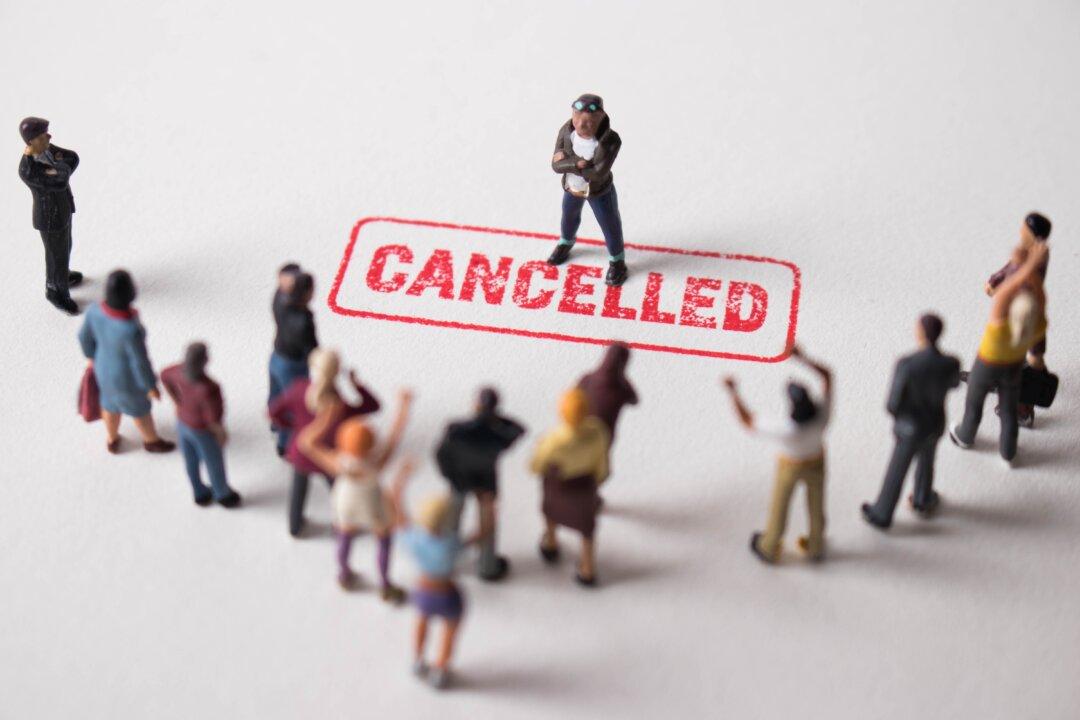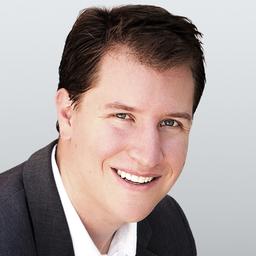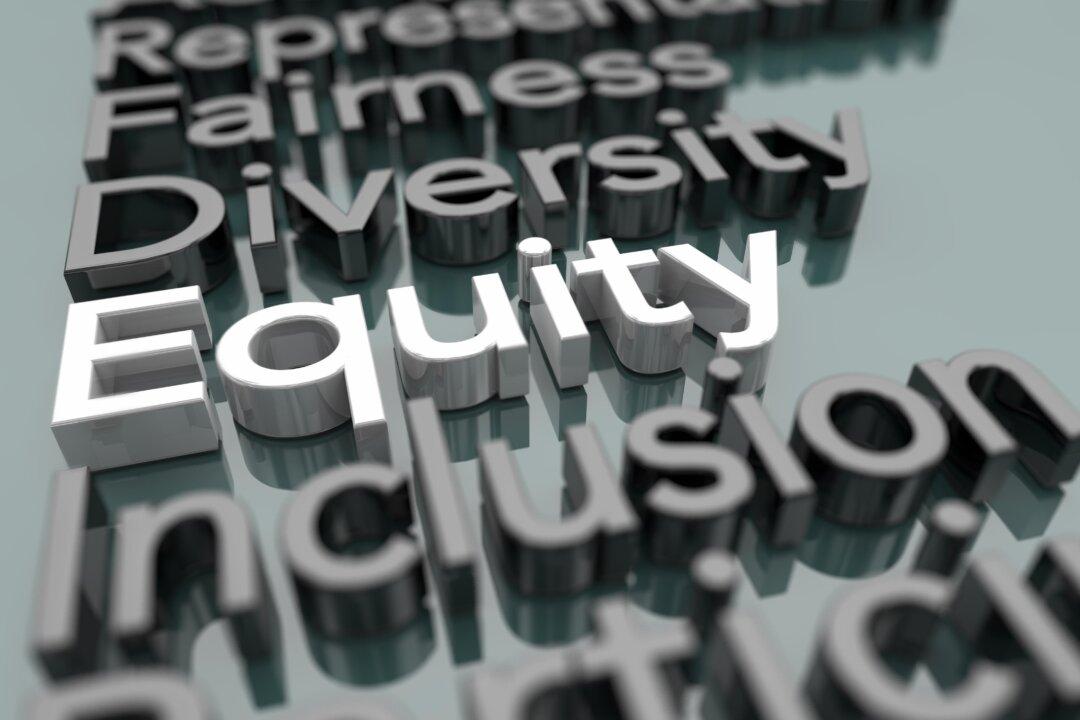Commentary
A few weeks ago, Sharon Osbourne, cancel culture victim and former co-host of CBS’s daytime talk show “The Talk,” went on “Tucker Carlson Tonight” to sound the alarm about the “thousands of people” who have been fired for deviating from left-wing orthodoxy in the workplace.






